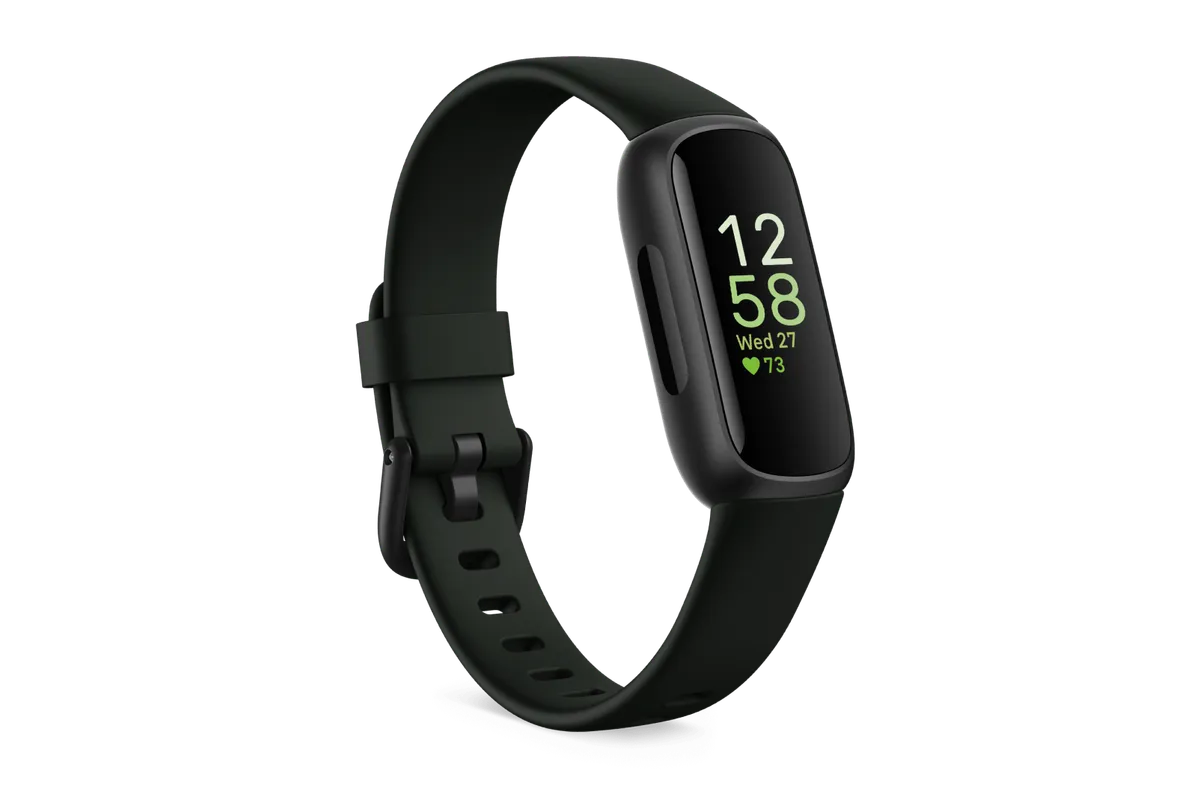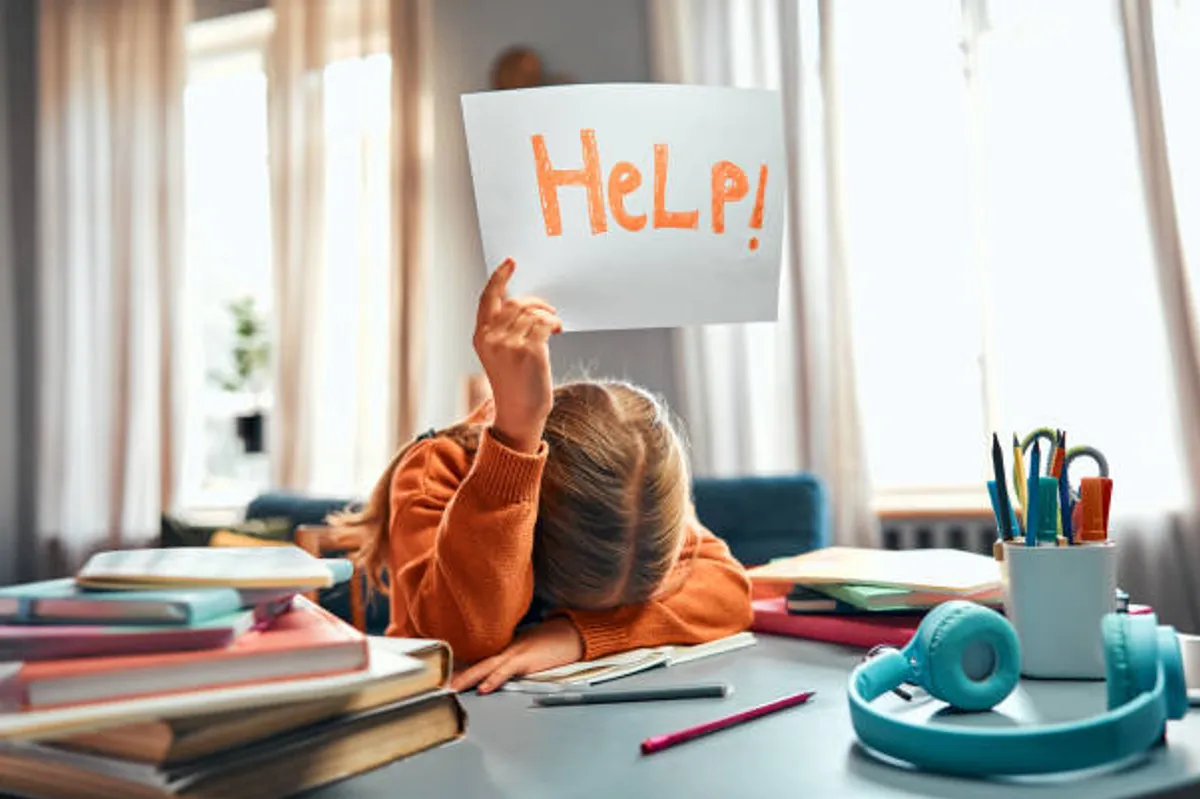10 Mental Health Tips for Teens: Coping with Stress and Anxiety in 2025

GeokHub

With 1 in 5 teens experiencing anxiety and 70% reporting increased stress from social media and academics, mental health is a top concern in 2025. Teens face unique pressures—school, peer dynamics, and online scrutiny—making effective coping strategies essential. This professional, reader-friendly guide offers 10 actionable mental health tips for teens, backed by data and tailored for 2025’s challenges, crafted for teens, parents, and educators seeking practical solutions.
Why Teen Mental Health Matters

Anxiety disorders affect 31% of teens, and untreated stress can lead to depression or burnout, per 2025 studies. Simple habits can reduce anxiety symptoms by up to 40%, empowering teens to thrive. These tips blend mindfulness, tech management, and support systems to address modern pressures like digital overload and academic competition.
10 Mental Health Tips for Teens
1. Practice Deep Breathing

- Why It Works: Slow breathing lowers cortisol levels, reducing stress by 30% in minutes.
- How to Do It: Try the 4-7-8 technique: inhale for 4 seconds, hold for 7, exhale for 8. Repeat 5 times when anxious.
- Tip: Use during study breaks or before tests for calm focus.
2. Limit Social Media Time

- Why It Works: Excessive scrolling (3+ hours daily) increases anxiety by 25%.
- How to Do It: Set a 1-hour daily limit using phone settings (iOS: Screen Time; Android: Digital Wellbeing). Unfollow negative accounts.
- Tip: Replace scrolling with a 10-minute walk to boost mood.
3. Build a Support Network
- Why It Works: Talking to trusted people cuts isolation by 50%.
- How to Do It: Share feelings with a friend, family member, or teacher. Join a school club to connect.
- Tip: Text one friend weekly to check in and build trust.
4. Use Guided Meditation Apps
- Why It Works: Meditation reduces anxiety symptoms by 35% in 4 weeks.
- How to Do It: Try free apps like Calm or Headspace for 5–10-minute sessions before bed.
- Tip: Start with a 5-minute sleep meditation to ease nighttime worries.
5. Exercise Regularly
- Why It Works: 30 minutes of exercise boosts endorphins, cutting stress by 40%.
- How to Do It: Walk, dance, or play a sport 3–4 times weekly. Try a 15-minute YouTube workout.
- Tip: Join a school sports team for fun and social benefits.
6. Journal Your Thoughts
- Why It Works: Writing reduces overthinking by 20%, per 2025 studies.
- How to Do It: Spend 5 minutes daily noting feelings or gratitude in a notebook or app like Day One.
- Tip: Write 3 things you’re thankful for each night to shift focus.
7. Set Realistic Goals
- Why It Works: Achievable goals lower academic stress by 30%.
- How to Do It: Break tasks into small steps (e.g., “Study 20 minutes” vs. “Finish chapter”). Use a planner to track.
- Tip: Celebrate small wins, like completing one task, with a treat.
8. Get Enough Sleep

- Why It Works: 7–9 hours of sleep reduces anxiety by 25% and improves focus.
- How to Do It: Set a 10 PM bedtime; avoid screens 30 minutes before bed. Use a melatonin supplement (1–3mg) if needed, with doctor approval.
- Tip: Create a calming bedtime routine with music or reading.
9. Practice Positive Self-Talk
- Why It Works: Reframing negative thoughts boosts confidence by 20%.
- How to Do It: Replace “I’m failing” with “I’m learning.” Write 3 affirmations daily (e.g., “I am enough”).
- Tip: Say affirmations in the mirror each morning for a confidence boost.
10. Seek Professional Help When Needed
- Why It Works: Therapy or counseling reduces severe anxiety by 50% in 8 weeks.
- How to Do It: Talk to a school counselor or ask parents about online therapy like BetterHelp ($65/week).
- Tip: Normalize asking for help; try one session if feeling overwhelmed.
Sample Weekly Mental Health Plan
- Monday: Practice 4-7-8 breathing; set a study goal.
- Wednesday: Journal 5 minutes; limit social media to 1 hour.
- Friday: Do a 15-minute workout; try a Headspace meditation.
- Daily: Say affirmations; connect with a friend or family member.
Why These Tips Work in 2025
These tips tackle 2025’s teen stressors—social media overload, academic pressure, and digital distractions—while being easy to adopt. Meditation and exercise reduce cortisol, journaling and self-talk build resilience, and professional help addresses severe anxiety. Together, they cut stress by 40%, empowering teens to navigate challenges confidently.
Teen mental health in 2025 demands proactive steps. Start with one tip—like deep breathing or journaling—and build a routine to reduce stress and anxiety. These 10 strategies empower teens to thrive amid modern pressures. Take action today for a healthier mindset.








